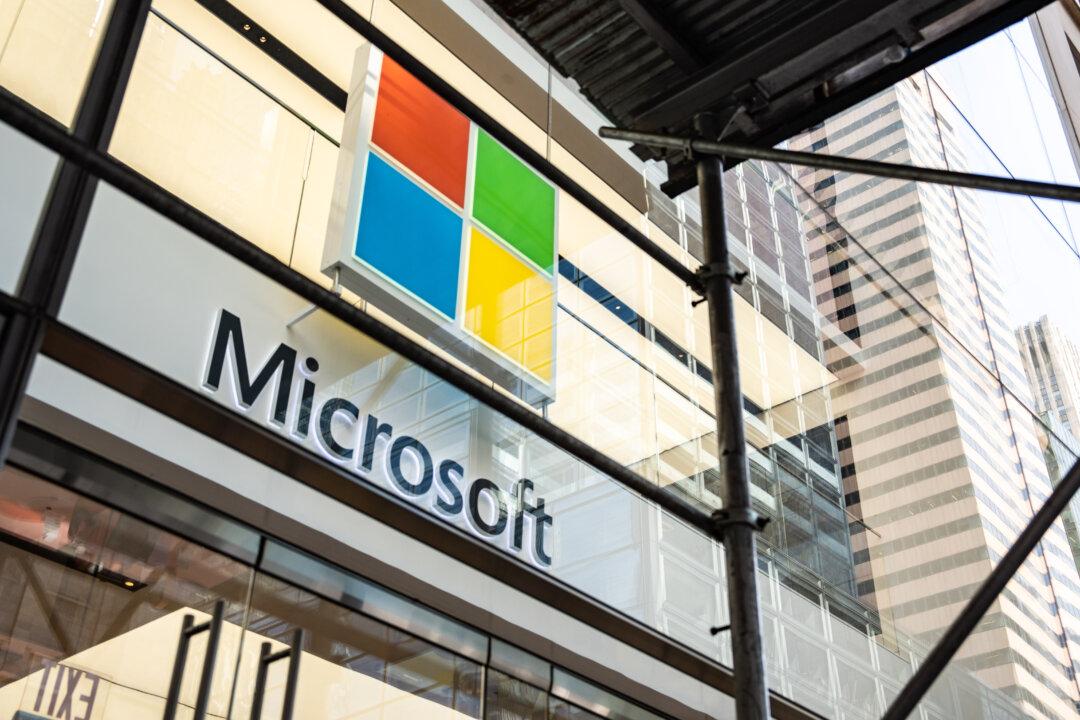Microsoft has rolled out a string of new security measures aimed at deterring cyber threats and preventing vulnerabilities that have plagued the big tech firm in recent years.
The measures, dubbed the “Secure Future Initiative” (SFI), were announced by Brad Smith, Microsoft vice chair and president, in a Nov. 2 blog post.




